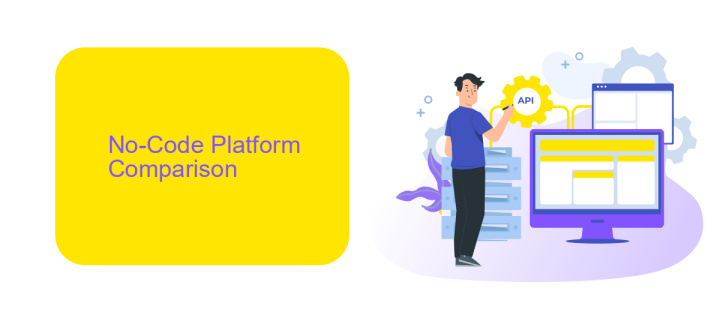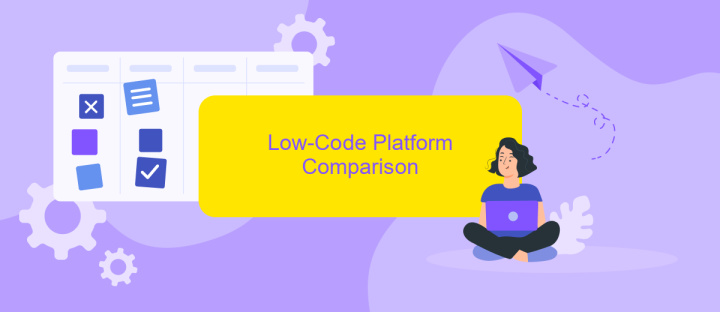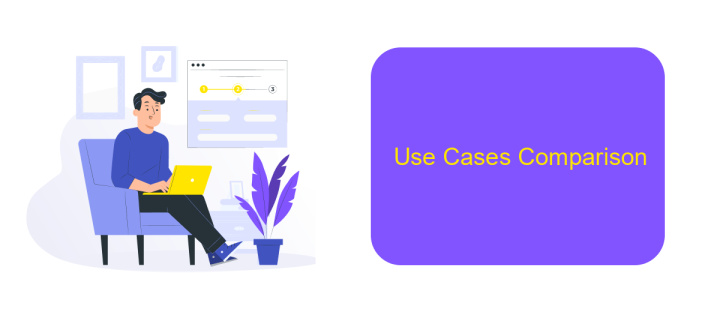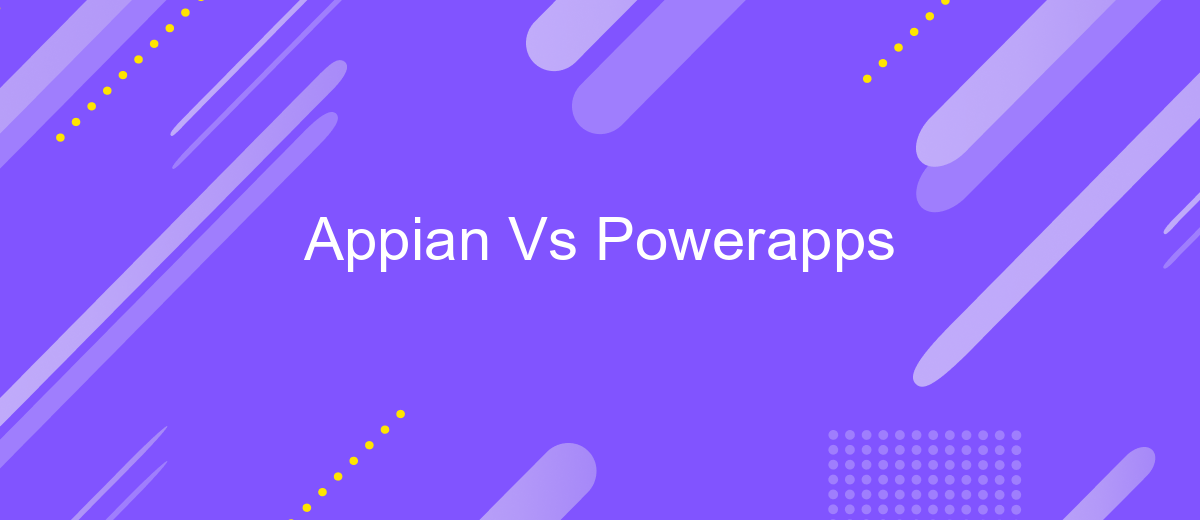Appian Vs Powerapps
In the rapidly evolving landscape of low-code development platforms, Appian and PowerApps stand out as two of the most prominent contenders. Both platforms offer unique features aimed at accelerating application development and enhancing business processes. This article delves into a detailed comparison of Appian and PowerApps, exploring their strengths, weaknesses, and ideal use cases to help you make an informed decision.
Introduction
In today's rapidly evolving digital landscape, organizations are constantly seeking efficient and scalable solutions for their app development needs. Appian and PowerApps are two leading platforms that offer robust tools for building custom applications. Both platforms aim to streamline business processes, enhance productivity, and reduce development time.
- Appian: Known for its low-code automation and comprehensive BPM capabilities.
- PowerApps: Part of the Microsoft Power Platform, offering seamless integration with other Microsoft services.
- ApiX-Drive: A versatile service that simplifies the integration process between various applications and platforms.
Choosing between Appian and PowerApps depends on various factors such as organizational requirements, existing technology stack, and specific business goals. This article will delve into the core features, benefits, and limitations of each platform, helping you make an informed decision. Additionally, we'll explore how services like ApiX-Drive can facilitate seamless integrations, further enhancing the capabilities of these platforms.
No-Code Platform Comparison

When comparing no-code platforms like Appian and PowerApps, it's essential to consider their capabilities in terms of ease of use, integration, and scalability. Appian offers a robust environment for building enterprise-grade applications with a focus on process automation and complex workflows. It provides a user-friendly interface that allows non-technical users to create applications quickly while also offering advanced features for developers. On the other hand, PowerApps, part of the Microsoft Power Platform, excels in integrating seamlessly with other Microsoft services such as Office 365, Dynamics 365, and Azure, making it a strong choice for organizations already invested in the Microsoft ecosystem.
Both platforms support integration with various third-party services, but they differ in their approach. Appian's integration capabilities are extensive, supporting REST APIs, databases, and other enterprise systems. PowerApps leverages connectors to integrate with numerous services, including those outside the Microsoft environment. For more advanced and customizable integrations, tools like ApiX-Drive can be utilized. ApiX-Drive simplifies the process of connecting different applications and automating workflows, enhancing the functionality of both Appian and PowerApps by providing a bridge between disparate systems. Ultimately, the choice between Appian and PowerApps will depend on specific business needs, existing technology stacks, and the desired level of customization and control.
Low-Code Platform Comparison

When comparing low-code platforms like Appian and PowerApps, it's essential to consider various factors that influence their usability and effectiveness. Both platforms aim to simplify application development, but they have distinct features and strengths.
- User Interface: Appian provides a more enterprise-focused interface, while PowerApps offers a user-friendly experience integrated with Microsoft 365.
- Integration Capabilities: Appian excels in complex integrations, whereas PowerApps seamlessly integrates with other Microsoft services. For additional integration needs, tools like ApiX-Drive can be beneficial.
- Customization: Appian allows for more extensive customization options, making it suitable for businesses with specific requirements. PowerApps, on the other hand, is ideal for rapid development with pre-built templates.
Ultimately, the choice between Appian and PowerApps depends on your organization's needs. If you require deep customization and complex integrations, Appian might be the better choice. However, for quick deployment and seamless integration with Microsoft products, PowerApps is a strong contender. Utilizing services like ApiX-Drive can further enhance the integration capabilities of either platform.
Use Cases Comparison

When comparing Appian and PowerApps, it's essential to consider their use cases to understand which platform better suits your business needs. Both platforms offer unique features and capabilities that cater to different types of applications and industries.
Appian is renowned for its robust process automation and case management capabilities. It excels in complex, enterprise-level applications where workflow automation and integration with existing systems are crucial. On the other hand, PowerApps is designed for rapid application development, making it ideal for creating custom business applications with minimal coding.
- Appian: Best for enterprise-level process automation and case management.
- PowerApps: Ideal for quick development of custom business applications.
- ApiX-Drive: Facilitates seamless integration between various applications and services.
Ultimately, the choice between Appian and PowerApps depends on your specific requirements. If your focus is on complex process automation and integration with legacy systems, Appian is the way to go. However, if you need to quickly develop custom applications with easy integrations, PowerApps, possibly enhanced with ApiX-Drive, would be the better choice.
Conclusion
In summary, both Appian and PowerApps offer robust solutions for building custom applications, each with its own strengths. Appian excels in process automation and enterprise-grade functionalities, making it an ideal choice for large organizations with complex workflows. PowerApps, on the other hand, provides a more user-friendly interface and seamless integration with other Microsoft products, making it suitable for businesses already invested in the Microsoft ecosystem.
When considering integration capabilities, tools like ApiX-Drive can greatly enhance the functionality of both platforms. ApiX-Drive allows for easy and efficient integration between various services and applications, ensuring that your workflows remain smooth and uninterrupted. Ultimately, the choice between Appian and PowerApps will depend on your specific needs, existing infrastructure, and long-term business goals. Careful evaluation of these factors will help you make an informed decision that best supports your organization's digital transformation journey.
- Automate the work of an online store or landing
- Empower through integration
- Don't spend money on programmers and integrators
- Save time by automating routine tasks
FAQ
What are the primary differences between Appian and PowerApps?
Which platform is more suitable for enterprise-level automation?
How do Appian and PowerApps handle integrations with other systems?
Can I use third-party tools to enhance integrations and automation in Appian and PowerApps?
Which platform offers better support and community resources?
Apix-Drive is a simple and efficient system connector that will help you automate routine tasks and optimize business processes. You can save time and money, direct these resources to more important purposes. Test ApiX-Drive and make sure that this tool will relieve your employees and after 5 minutes of settings your business will start working faster.


